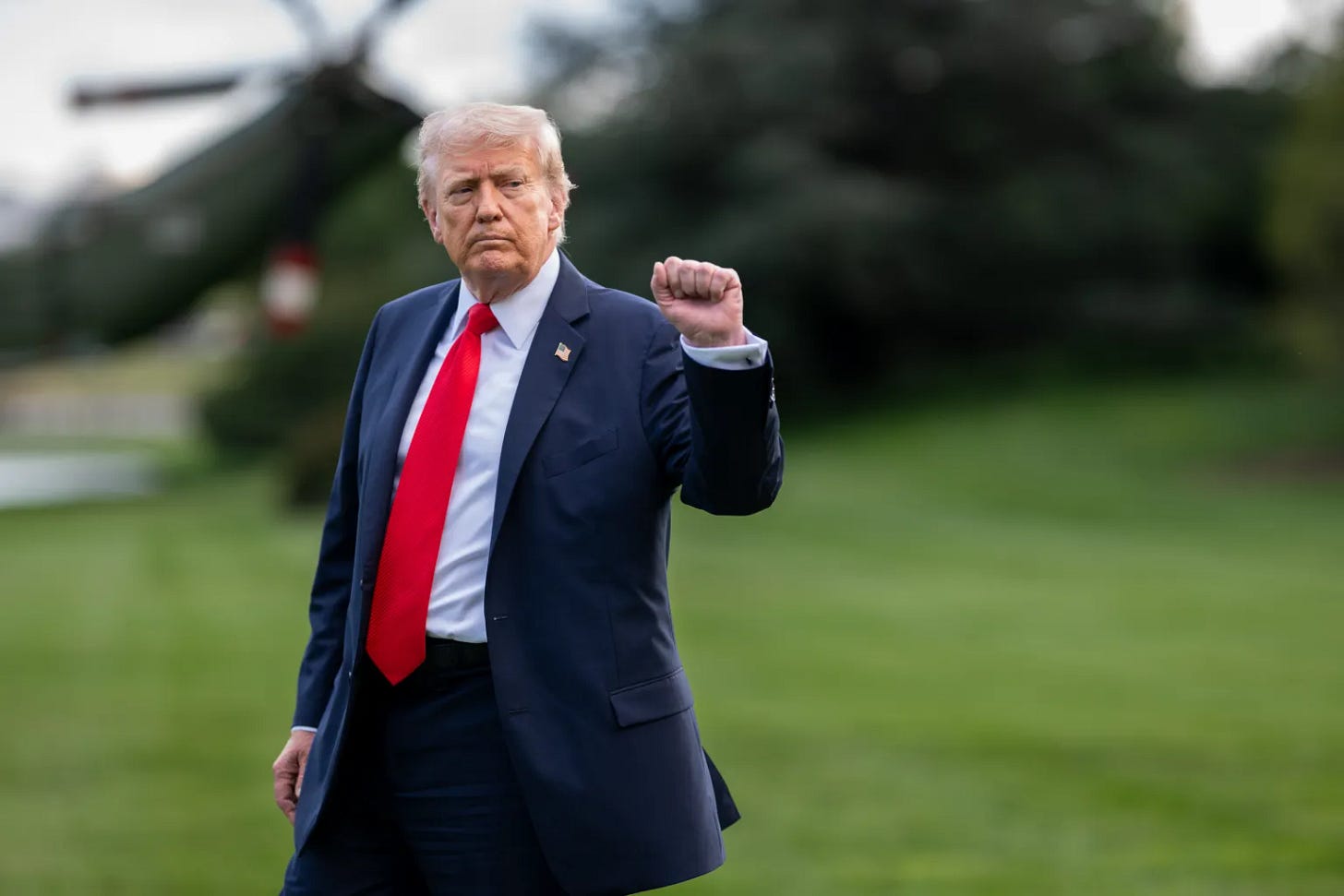President Donald Trump disclosed on board Air Force One that he had explicitly requested that London Mayor Sadiq Khan be excluded from the state banquet hosted by King Charles III at Windsor Castle, reigniting a years-long public feud between the two leaders that has become a defining feature of U.S.-UK diplomatic relations.
Speaking to reporters during his flight back to the United States following his second unprecedented state visit to Britain, Trump called Khan "among the worst mayors in the world" and claimed the mayor had wanted to attend the royal event but was barred at his request, according to statements reported by the BBC.
Personal Animosity Takes Center Stage
Trump's latest verbal assault on Khan included familiar criticisms of the mayor's governance, with the president describing him as "a disaster" on immigration policy. "I think he's done a terrible job. Crime in London is through the roof," Trump told reporters, echoing attacks he has made repeatedly since 2015.
"I asked that he not be there. He wanted to be there, as I understand, I didn't want him," Trump stated, according to the BBC's reporting of his Air Force One remarks.
However, the BBC reported that Khan did not attend the state banquet, and sources close to the mayor indicated that he neither sought nor expected an invitation to the exclusive royal event. This contradiction highlights the performative nature of Trump's public statements about the London mayor.
Khan's Camp Fires Back at Trump's "Fear and Division"
A source close to Khan responded forcefully to Trump's latest attack, characterizing the president's approach as divisive and factually incorrect. "Trump's politics is one of fear and division. This includes talking down our great capital city," the source told the BBC.
The Khan ally defended London's record, stating: "London is a global success story - it's open, dynamic and safer than major US cities. Perhaps that's one of the reasons record numbers of Americans are choosing to make London their home."
This response reflects Khan's consistent strategy of positioning London as a welcoming alternative to Trump's more restrictive policies, particularly in regards to immigration and multiculturalism.
Decade-Long Feud Rooted in Policy Differences
The animosity between Trump and Khan stretches back to 2015, when the Labour politician condemned Trump's proposed Muslim travel ban during his first presidential campaign. The relationship deteriorated further in 2016 when Trump challenged Khan to an IQ test in response to additional criticism.
Their conflict intensified after the 2017 London Bridge terror attack, when Trump attacked Khan's crisis response. During Trump's first state visit in 2019, Khan permitted protesters to fly a giant inflatable "Trump baby" blimp, further antagonizing the American leader.
Most recently, during a July press conference with Prime Minister Keir Starmer in Scotland, Trump called Khan "a nasty person," prompting Starmer to defend the mayor as "a friend of mine, actually," according to BBC reporting.
Diplomatic Tensions Amid Ceremonial Pomp
Trump's second state visit to the United Kingdom was designed to showcase the "special relationship" between the two nations through elaborate royal ceremonies at Windsor Castle. The unprecedented honor of a second state visit for a non-royal figure was intended to signal strong bilateral ties.
However, thousands of protesters gathered in Parliament Square to demonstrate against the visit, reflecting significant public opposition to Trump's policies and rhetoric. The protests underscored the complex dynamics surrounding U.S.-UK relations during the Trump era.
Broader Implications for Transatlantic Relations
The public nature of Trump's animosity toward Khan raises questions about how personal disputes might affect broader diplomatic relationships. While Trump maintains strong ties with the national British leadership, his ongoing conflict with London's mayor creates an unusual dynamic in international relations.
The feud also highlights tensions between Trump's nationalist politics and the multicultural leadership that characterizes many major Western cities. Khan, a Muslim mayor of Pakistani heritage leading one of the world's most diverse cities, represents the kind of globalized leadership that Trump has consistently criticized.
As Trump prepares for potential future engagements with British officials, the Khan controversy demonstrates how personal animosities can persist and complicate even the most ceremonial diplomatic occasions, potentially affecting the broader U.S.-UK partnership moving forward.



